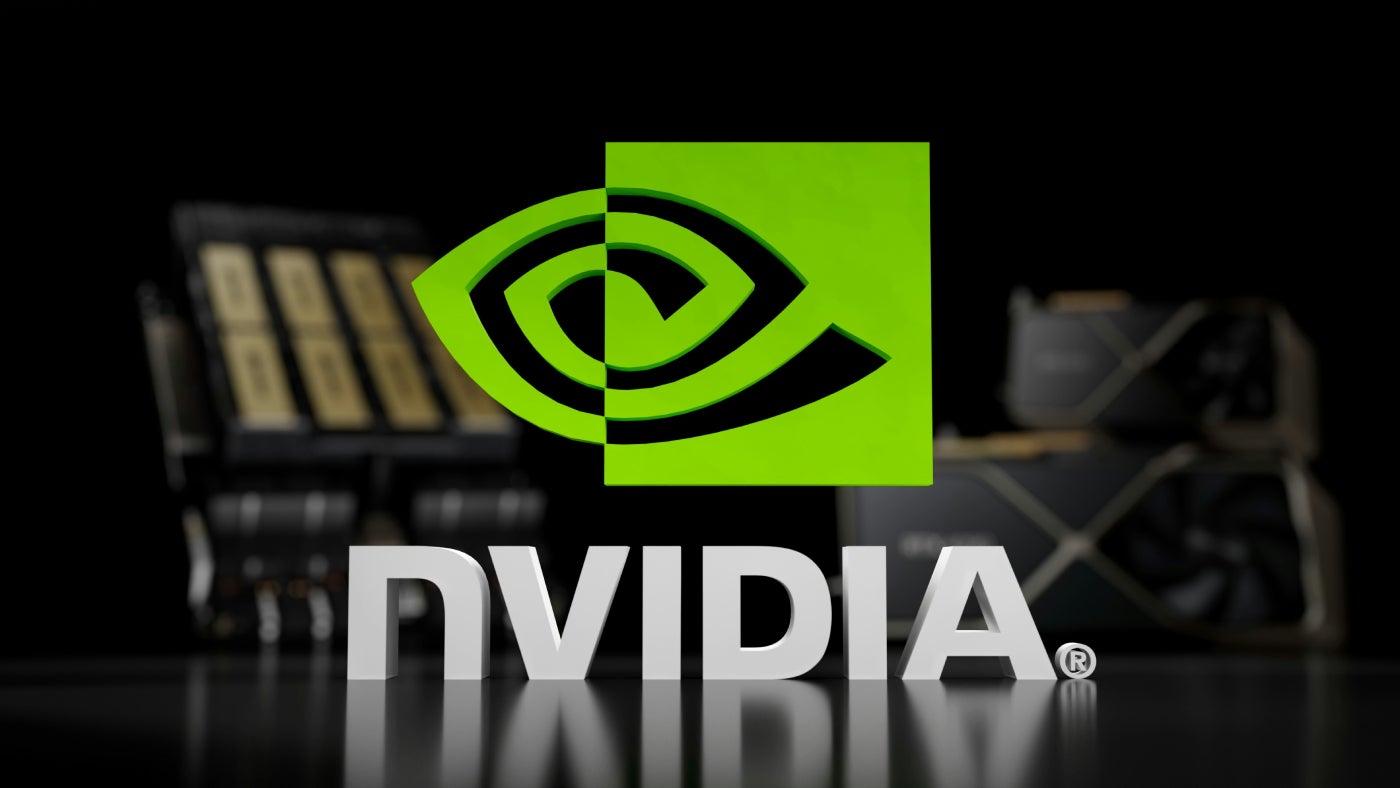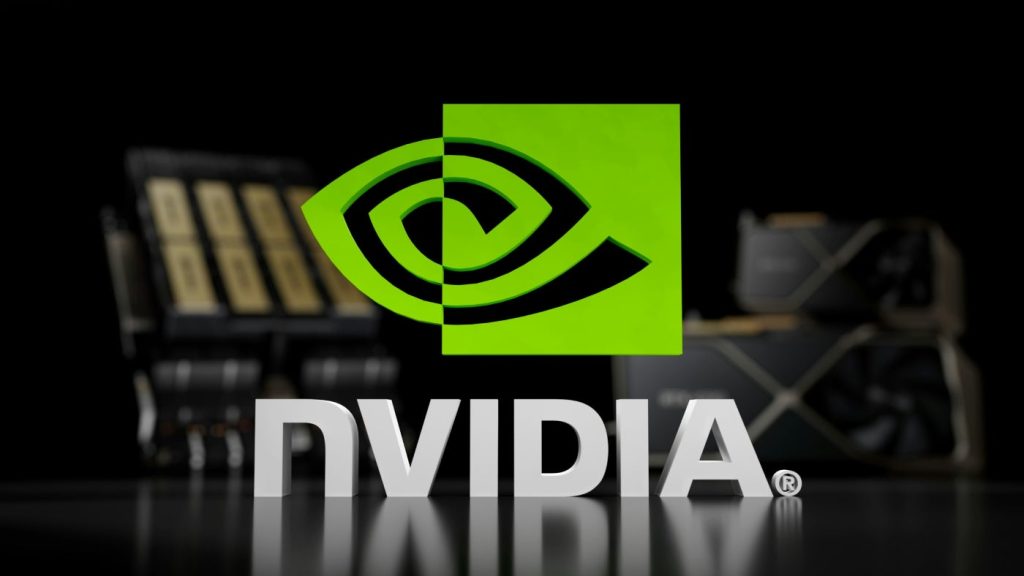
NVIDIA says new US restrictions on chip exports to China could cost the company $5.5 billion, as Washington tightens licensing rules for advanced AI hardware sales. The chipmaker said the charge is related to inventory, purchase commitments, and related reserves.
“The (US government) indicated that the license requirement addresses the risk that the covered products may be used in, or diverted to, a supercomputer in China,” the chipmaker wrote in a filing to the U.S. Securities and Exchange Commission. It added that the license requirement would be in place “for the indefinite future.”
The US government said the license rule aims to prevent Chinese supercomputers from using NVIDIA’s advanced chips, citing national security risks. The US is keen to maintain its sovereignty in the chip market by blocking China from access to NVIDIA’s state-of-the-art hardware, which is important for running advanced AI models. In addition to financial motivations, the country has also raised concerns about China developing AI for military purposes.
The filing comes just after NVIDIA announced it would be expanding operations in the US with TSMC, winning praise from the White House. It is also a technology partner in the Stargate Project, a joint venture that will contribute $500 billion over four years to AI infrastructure in the States.
Another chapter in years-long battle between the US and China for chip supremacy
The license requirement marks the first formal restriction on chip exports under the Trump administration, but it is merely the latest US measure in a years-long tussle with China. In 2022, the country applied its first set of chip-related export controls on the sale of semiconductors to Beijing and separately banned NVIDIA from selling its most advanced chips to Chinese companies.
In response, NVIDIA developed the China-specific A800 and H20 chips that were compliant with the new controls, enabling it to maintain customers in the country. China also enforced export controls on gallium and germanium-related items that are essential in chip production.
SEE: China Investigates NVIDIA for Allegedly Breaking Monopoly Law
In the second half of 2024, the Biden administration imposed two more sets of export restrictions on semiconductors, closing some of the loopholes NVIDIA exploited and expanding the list of banned technologies. China then swiftly banned the sale of germanium and gallium to the US, closing loopholes from its 2023 export controls.
On January 13, 2025, President Joe Biden proposed additional chip export restrictions not only to China but to a wide range of countries, with compliance not required until May. NVIDIA was vocally opposed to this and, just this week, a number of Republican senators sent a letter to Commerce Secretary Howard Lutnick urging him to withdraw the “overly restrictive” rule before it comes into effect.
More must-read AI coverage
License requirements will erode NVIDIA’s business
NVIDIA was informed on April 9 that sales of its H20 chips and any equivalent in memory or interconnect bandwidth to China will be subject to the new licensing requirements. “This kills NVIDIA’s access to a key market, and they will lose traction in the country,” Patrick Moorhead, a tech analyst with Moor Insights & Strategy, told The New York Times. He added that Chinese companies will buy from local rival Huawei instead.
NVIDIA’s China revenue has been steadily declining due to earlier US export rules. Sales from China made up 26% of its total revenue in 2022, dropping to 17% in 2024, according to MarketWatch. Bernstein Research analyst Stacy Rasgon estimated that the share would be about 13% by the end of 2025, even before the latest license restrictions take effect.
Chinese companies, including Tencent, Alibaba, and TikTok parent company ByteDance, had been ordering an increasing number of H20 chips to support the deployment of DeepSeek’s AI models, which gained popularity for their cost-effective performance, according to Reuters.
A spokesman for the Commerce Department told the NYT that licensing requirements will also be applied to sales of Advanced Micro Devices’ MI308 chip to China to “safeguard (the US’s) national and economic security.”

